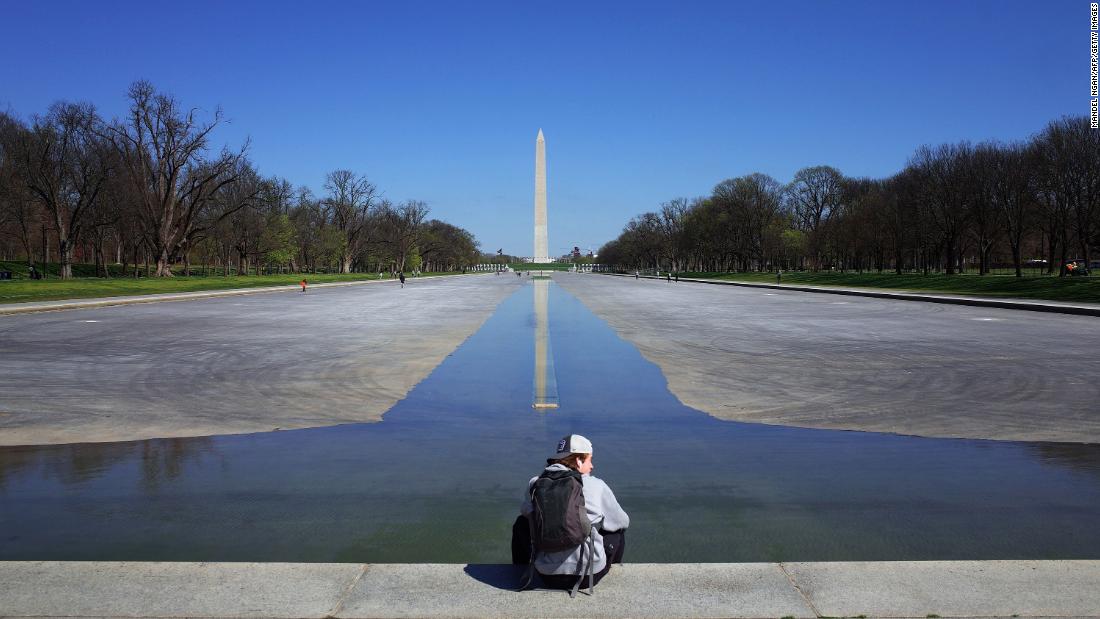SunriseChampion
Senior Member
That is true. Don't forget about fiction writing as a career choice.
What are you trying to say? That's like half my semi-retirement plan right there.
That is true. Don't forget about fiction writing as a career choice.
Patreon solicitations I can understand, how does anyone make money on YouTube? I’m an old timer, entirely non-tech savvy, and I’ve had Adblock for YouTube enabled on all my devices for years. I haven’t seen an ad, overlay or pop up on YouTube in years. YouTube is nearly unwatchable without Adblock, IMO.Fewer than 10% of all Let's Players on YouTube earn at least enough from YouTube advertising and Patreon to pay their bills
Fiction writing is best used to supplement earnings, not replace them. After all, under 1% of all fiction writers (and that's including those who write fan fiction) earn enough to pay their bills solely from writing fiction.What are you trying to say? That's like half my semi-retirement plan right there.
Only those with at least a million subscribers earn enough from YouTube alone to pay their bills; the vast majority of YouTubers who make a living by posting videos use Patreon (since $1 a month from a single patron is essentially equal to at least 50,000 YouTube views per month, assuming that fifty views equal one cent (and that's quite optimistic)).Patreon I can understand, how does anyone make money on YouTube? I’m an old timer, entirely non-tech savvy, and I’ve had Adblock for YouTube enabled on all my devices for years. I haven’t seen an ad, overlay or pop up in years.
After all, under 1% of all fiction writers (and that's including those who write fan fiction) earn enough to pay their bills solely from writing fiction.
If it's original fiction writing (which excludes fan fiction and/or the use of copyrighted/trademarked material by another person/organization with or without approval), then the figure is under 10%.There's the problem: you've included fan fiction authors in your numbers. It's a miracle you've come up with that 1%
The impact of unemployment in a recession is particularly severe on those who have just left school. Fewer jobs and internships are available to younger people searching for work, especially in sectors such as hospitality, travel and retail, which provide large numbers of entry level roles and have been slammed especially hard by the effects of the pandemic and efforts to contain it.
In the UK, the unemployment rate for 18-24 year-olds is projected to hit a staggering 27% this year, up from 10.5% in 2019, according to analysis from the Resolution Foundation.
This means an extra 640,000 people in the age group are likely to be out of work.
-------------
The crisis could leave lasting scars. Thanks to the spike in UK unemployment, today's graduates are 13% less likely to be employed in three years' time compared to a scenario without the pandemic.
Those with mid-level qualifications are 27% less likely to be employed in three years, while the figure rises to 37% for "lower-skilled" adults leaving education today, according to the report's projections.
It's a similar story in the United States, where workers under 24 were disproportionately affected by initial layoffs related to coronavirus, according to Richard Fry, senior researcher at the Pew Center.
The shutdown triggered a surge in unemployment in the US, with the county's economy losing 20.5 million jobs in April, the largest decline since the government began tracking the data in 1939.


My 18 y/o daughter just got her credit card, $1,000 limit with no connection to her parents. She is now working, part time as a host/greeter at a local restaurant. $14.25 an hour plus a share of the tips, usually about $40 a night. When she got her first paycheque her eyes were opened, she slowly nodded her head and said, “money…I like money, must get more”. We put her first pay stub on the fridge beside her childhood artwork. She has zero expenses, so she’s banking it all. So, that’s one young person working.I got my first credit card when I was 17, with some measly credit limit of around $200 or 500. Back in the day that wasn't bad for a high schooler who just got his first part-time job.
Fast forward to today and my definite number one payment option of choice is credit. I use TD and Tangerine, and have my cash back rewards set on both for different categories of purchases.
My first job at 15 in 1986 was busboy at the http://thefranklinhouse.ca/ in Streetsville, ON. I think the pay was $3.95, equal to $8.54 in 2021 dollars. https://www.bankofcanada.ca/rates/related/inflation-calculator/Got my first job at 16 – stocking shelves in Dunnes Stores (Irish supermarket chain) earning a princely $4.50 per hour in 1996.
My 18 y/o daughter just got her credit card, $1,000 limit with no connection to her parents. She is now working, part time as a host/greeter at a local restaurant. $14.25 an hour plus a share of the tips, usually about $40 a night. When she got her first paycheque her eyes were opened, she slowly nodded her head and said, “money…I like money, must get more”. We put her first pay stub on the fridge beside her childhood artwork. She has zero expenses, so she’s banking it all. So, that’s one young person working.




